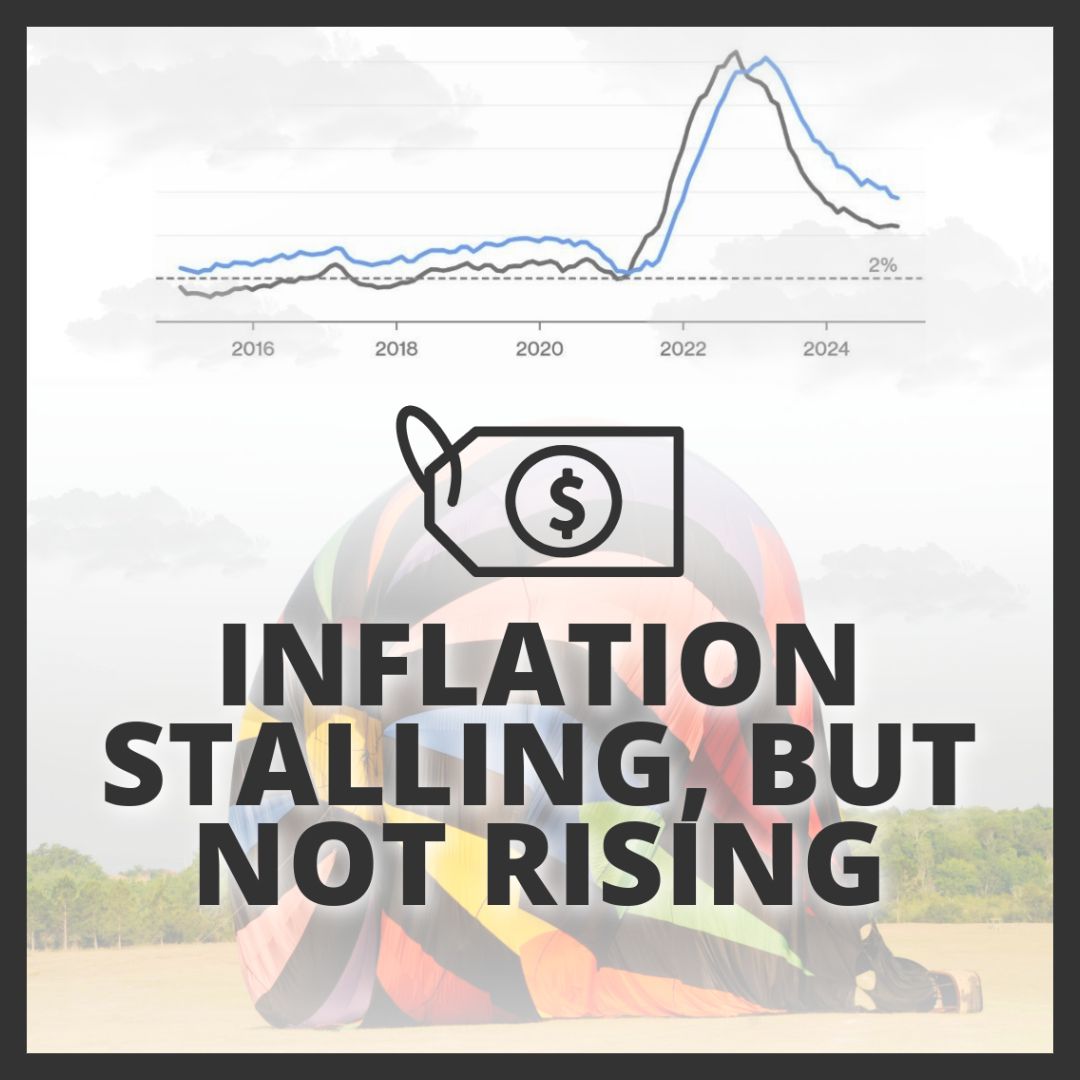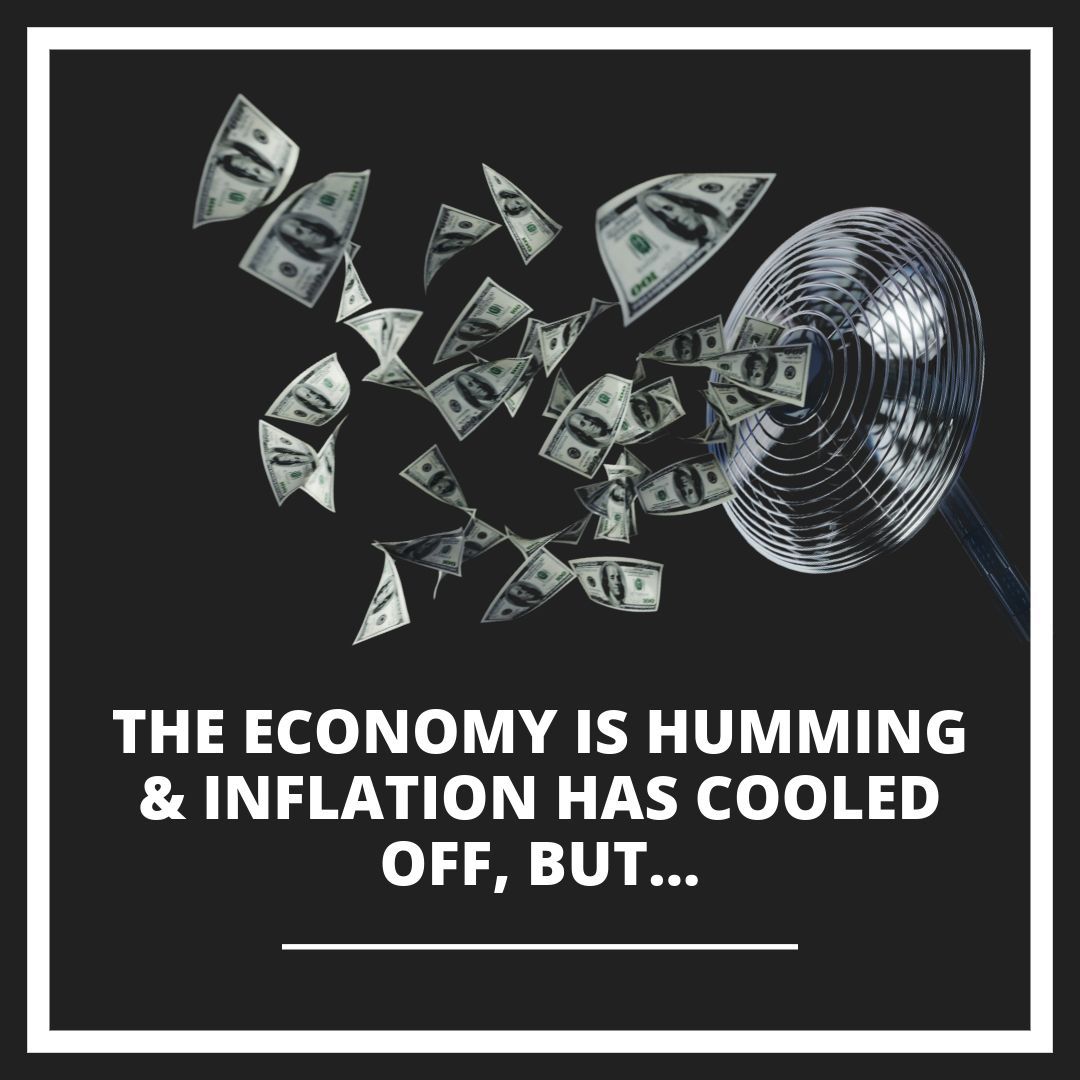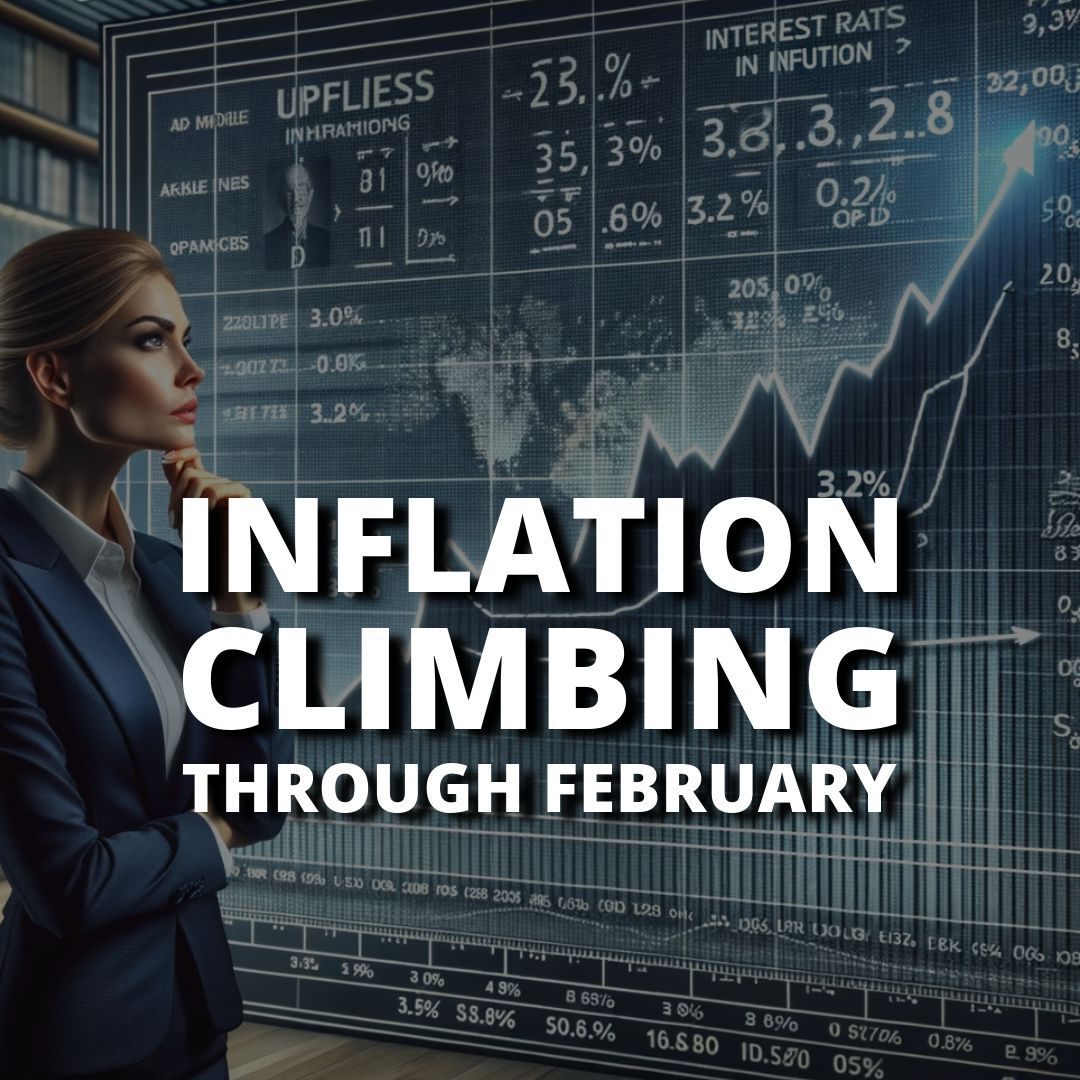Records Everywhere
Records Everywhere

Records Everywhere
Domestic stock markets continue evidence of a strong holiday spirit.
- S&P 500 saw its best November on record
- Rally continued in December S&P closing all-time high Wednesday
- Since March 23, S&P has rallied over 63%
The Dow closed November with its best monthly performance since 1987, while small-cap Russell 2000 registered its best monthly gain since its inception in 1978.
Stocks started on a down note but regained momentum, seemingly helped by news that Pfizer and BioNTech received approval from EU regulators for emergency use authorization of their prospective coronavirus vaccine.
This makes it the first Western nation to authorize the widespread distribution of a vaccine.
Rising hopes for a new round of fiscal stimulus appeared to boost sentiment. A bipartisan group of U.S. senators proposed a $908 billion relief package, although Senate Majority Leader Mitch McConnell announced he was considering a smaller plan in the range of $500 billion.
Stocks rose after October nonfarm payrolls missed consensus expectations by almost half,
the slowest pace of monthly jobs growth since the rebound from the shutdown began in May.
The housing sector showed signs of cooling, with pending home sales falling in October for the second consecutive month.
The pan-European STOXX Europe 600 ended last week with a modest 0.21% gain. France’s CAC 40 ticked up 0.20%, Germany’s DAX fell 0.28%, Italy’s FTSE MIB slipped 0.78 percent, while the UK’s FTSE 100 gained 2.87 percent, reaching nine-month highs on news the UK approved the coronavirus vaccine by Pfizer and BioNTech.
The unemployment rate fell to a pandemic low of 6.7 percent, partly due to a drop in the labor force participation rate — perhaps reflecting the need of parents to stay home as schools and day-care facilities closed in response to rising infection rates.
- The share of Americans 16 years and over working or seeking work, is near its lowest since the 1970s
- The labor market continues to recover even as coronavirus cases surge — though it's still millions of jobs short of the pre-pandemic level
- Covid-19 is shrinking the labor market. The U.S. labor force is 2.2 percent smaller than in February
712,000 Americans filed for unemployment benefits
last week on a seasonally adjusted basis, according to the Labor Department, as the job market recovery continues to slow.
U.S. shoppers spent significantly less than last year over a five-day stretch
including Black Friday and Cyber Monday, as gains in online customers were offset by far fewer people visiting stores during the coronavirus pandemic.
Moody’s Analytics estimates state and local governments faced a $70 billion to $74 billion shortfall in the 2020 fiscal year. That could balloon to $268 billion in 2021 and $312 billion in 2022 absent more federal help
Share
Tweet
Share
Mail
Contact Info
4710 W. Saginaw Hwy., Suite A
Lansing, MI 48917
517-323-2063
hmartin@wminstitute.com
Disclosures
Investing involves risk including the potential loss of principal. Consider your risks and objectives before investing. This is for informational purposes only and should not be construed as tax advice. Consult your tax advisor regarding your specific situation.
Securities and advisory services offered through Madison Avenue Securities, LLC, a Registered Investment Advisor, member FINRA and SIPC. Advisory services also offered through Wealth Management Institute, Inc., a Registered Investment Advisor. Wealth Management Institute and Madison Avenue Securities, LLC are not affiliated entities. Frank Cherniawski is securities registered in: AZ, CA, CT, FL, GA, IN, MI, MO, NC, OH, WA and Advisory Licensed in CA and MI with Madison Avenue Securities, LLC. Please inquire with the advisor about your state prior to further discussion or any decisions.
For Broker Check, click here
California Disclosures
Frank Cherniawski, Certified Financial Planner, is filed with the Commissioner and has not been disapproved. Personal state of domicile and principal place of business is Michigan. California Insurance License Number: 0B81627.
Privacy Policy
View Our Privacy Policy Here











